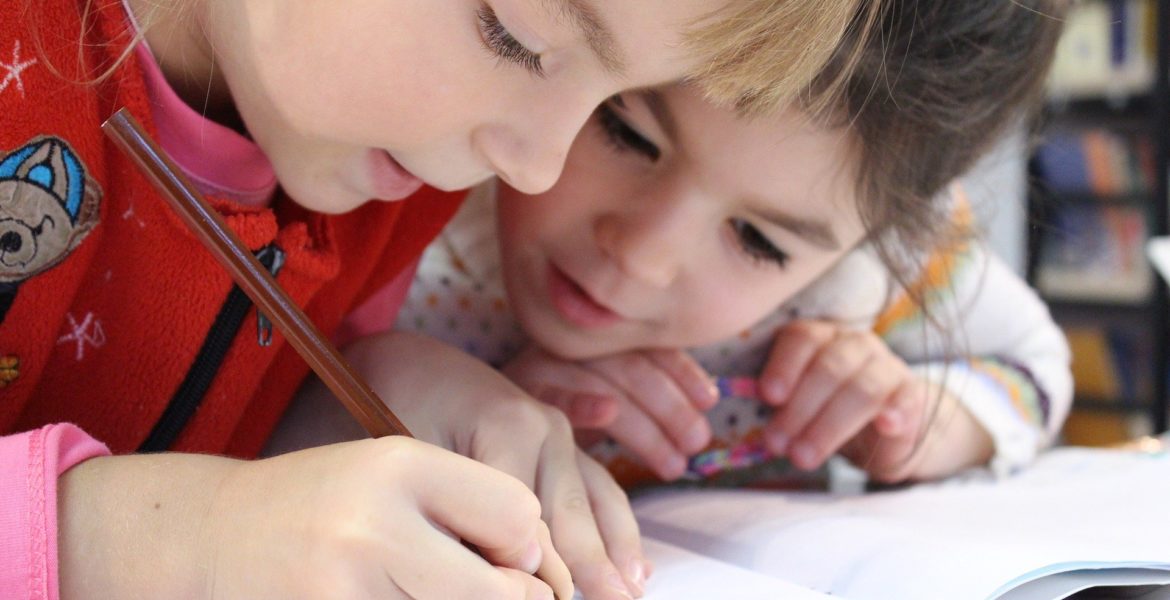Two guest authors (Nick Ironside and Dr. Brian Lanahan) provide their reflections on BiH’s first PISA assessment exercise.
The December 2019 release of the results of BiH’s first-time participation in the PISA global educational assessment provides a useful opportunity to consider the role and quality of education in Bosnia and Herzegovina.
The Program for International Student Assessment (PISA) is organized by the Organization for Economic Cooperation and Development (OECD) every 3 years to measure fifteen-year old student achievement in math, reading and science.
While standardized tests suffer from well-known weaknesses (discussed in the piece by Dr. Lanahan), PISA can at least provide a benchmark on student, teacher and curricular needs in participating countries.
In BiH, the educational system has been characterized by the politics of nationalism and division that can be observed in every facet of society. Some could argue that rather than trying to focus on these inherently political challenges, there should simply be a stronger focus on quality, teacher training, better harmonization of education with the labor market, STEM, etc. However, the very critical thinking skills required to prepare students for productive futures – and to truly boost the country’s social capital – are in fact diametrically opposed to the tools currently used to ensure that schools play a role in maintaining divisions, preventing integration and narrowing minds and worldviews. It is difficult to imagine the country’s PISA scores substantially improving absent fundamental and systemic reform. Similarly, it is difficult to imagine the politics of division continuing if a generation of young people schooled in critical thinking, media literacy and civic education grows up, begins to vote and begins to demand more from their government.
DPC is happy to host two guest bloggers, each of whom takes a unique yet complementary perspective on the issue. Dr. Brian Lanahan frames BiH’s PISA performance in light of broader critiques of the assessment globally, and finds room for optimism in terms of BiH’s youth – its human capital. Nick Ironside uses recent experience in classrooms and engaging with teachers to propose ways to improve the ability to teach and promote critical thinking. Both views can feed into discussion on the issue at a time when brain drain from BiH – and the lack of serious efforts to retain the country’s youth – is increasingly on the radar screen.

